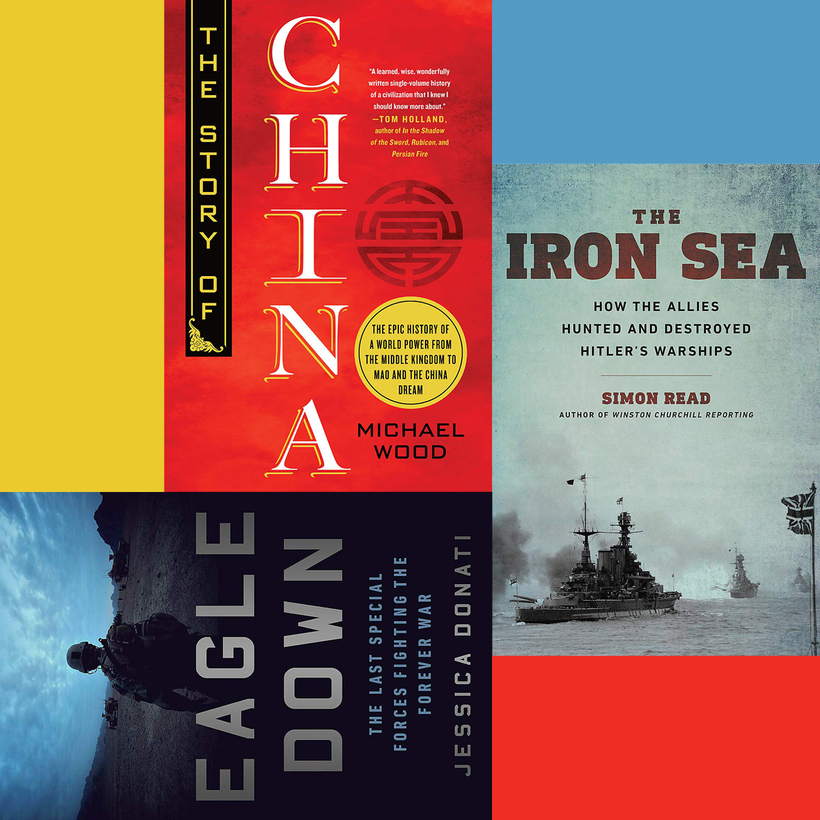Books billed as “sweeping histories” tend—alas—to live up to the description: they are like giant brooms collecting events big and small and dumping them at your feet. Michael Wood’s book is the exception, full in scope but so engagingly written and so attuned to the lively details and personalities of the Middle Kingdom that the reader finishes the book both enthralled and more optimistic about the Chinese people (as opposed to their leadership) than most Western observers.
Barack Obama and Donald Trump agreed on at least one thing: get U.S. troops out of Afghanistan as quickly as possible. Obama actually declared the Afghan war over in 2014 and promised to bring the military home in two years. The Taliban had other plans, and Obama was forced to turn over his side of the battle to U.S. Special Operations Forces (S.O.F.), which, as Jessica Donati points out, could “operate in the shadows with little accountability to the public.” Trump followed Obama’s playbook, all the while signing a peace deal with the Taliban in early 2020 that has done nothing to lessen the terror there.

